Hip dysplasia, also called developmental dysplasia of the hip (DDH) or clicky hips, is a congenital (present at birth) disorder in which one hip is dislocated or easily dislocated. Infant girls are about five times more likely than boys to get hip dysplasia. Hip dysplasia is also three times more likely to affect the left hip than the right hip. It can affect both hips in some instances.
What causes clicky hips?
Most cases of clicky hips are related to other congenital disorders such as cerebral palsy and spina bifida. Other cases may run in the family. Still others are the result of a breech delivery, multiple births, and first time delivery.
Signs and symptoms
Clicky hips are rather easy to recognize with a clunking sound when the hip is rotated being the most obvious sign. Other signs include:
- Reduced joint mobility
- Unusually wide perineum (the stretch of skin between the anus and the genitals)
- The skin creases of the buttocks don’t match
- One knee joint looks higher than the other
Newborn diagnosis
The doctor or nurse will check your newborn for clicky hips. They will place the baby on his back and rotates the hips to check for the disorder. In a baby with clicky hips, the socket that holds the ball of the hip (the joint) is too shallow, making it easy for the hip to slip out.
Testing
If the doctor believes that the mobility of your newborn’s hips is not quite right, your baby may be sent for an ultrasound to determine if your child has clicky hips or some other disorder.
Successful treatment
A pavlik harness can successfully treat clicky hips by holding the hip(s) in place as the child’s hips mature and grow. Most babies wear the harness for only three months. An x-ray may be taken at 6 months to confirm your baby’s hips are developing normally, as the baby’s bones are not developed enough to be x-rayed until after 4 months.
Older children are a bit more difficult to treat and may require surgery to correct the condition. After surgery, a hip cast may be necessary to keep the hip(s) in place.
Although most kids who have had treatment for clicky hips recover fully, some will develop arthritis in their hips later in life.
Written by Rebecca Stigall for Kidspot, New Zealand’s parenting resource for family health. Sources include Better Health Channel, NSW Health, and Health Insite.

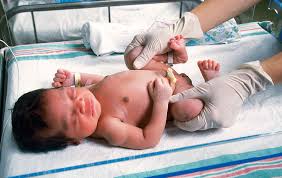

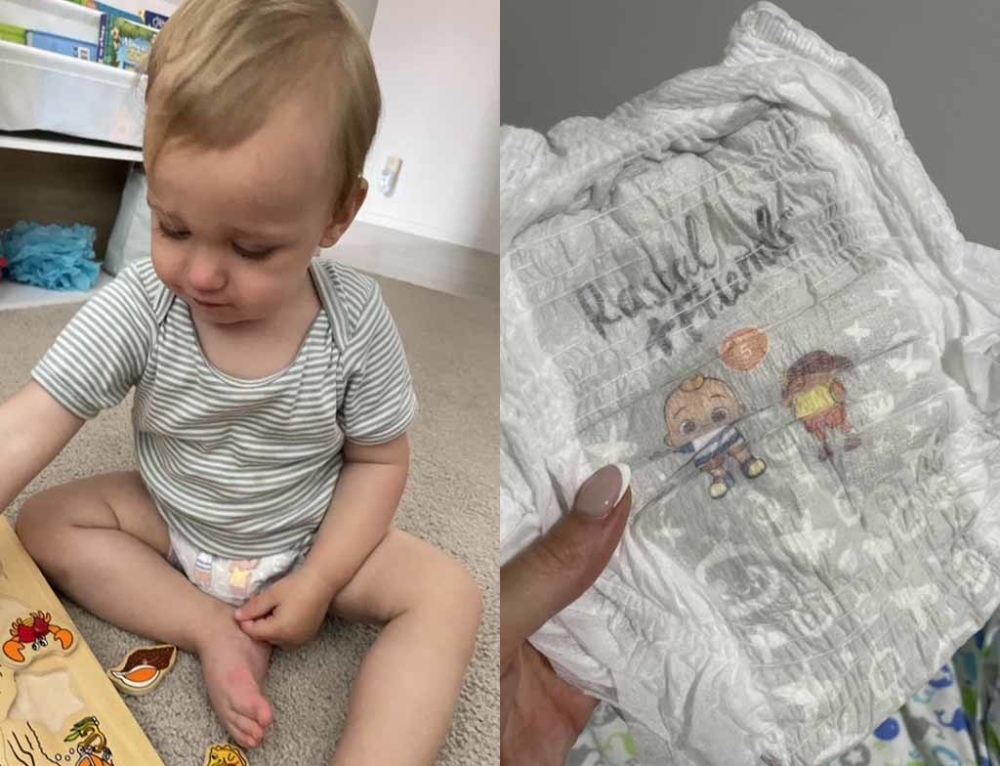
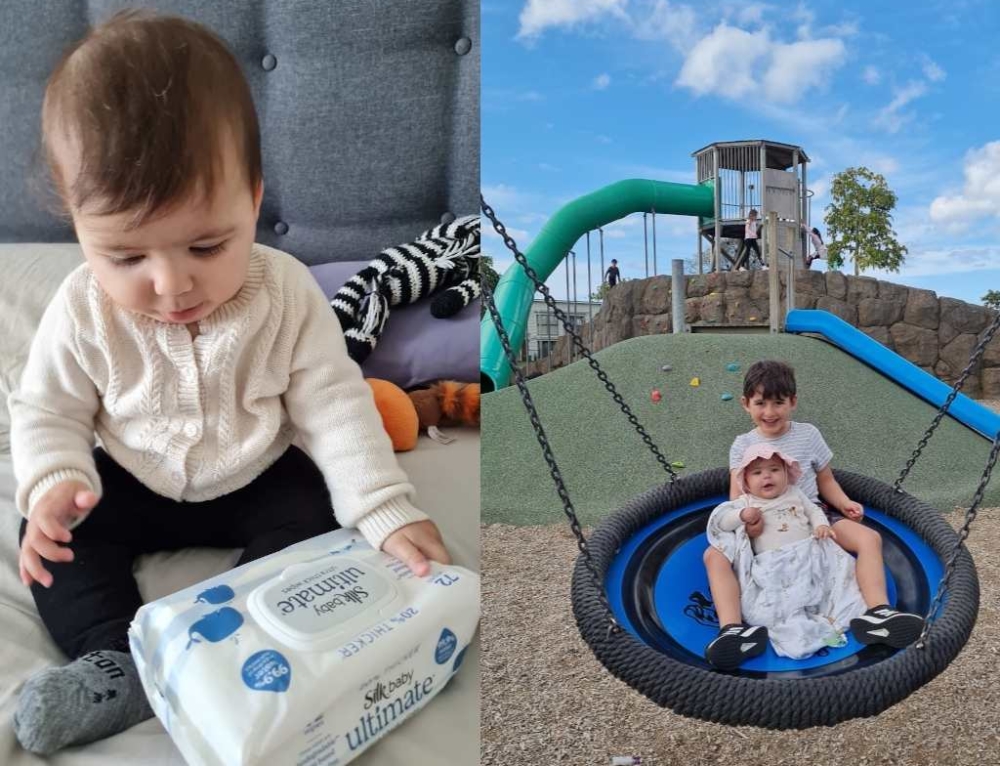
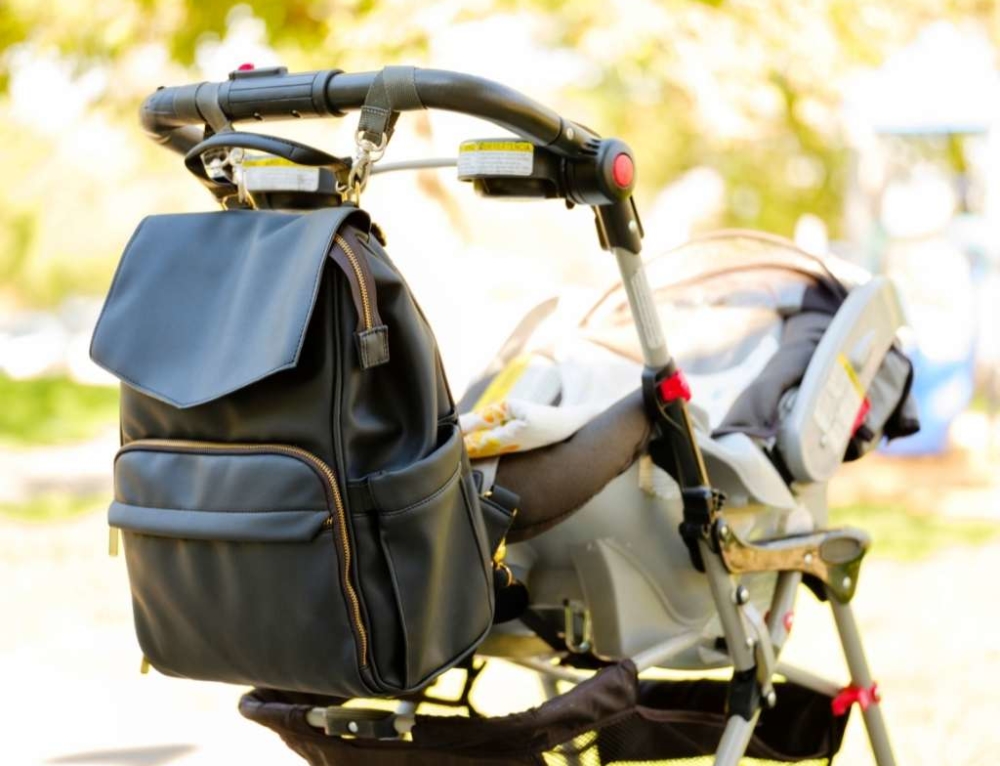
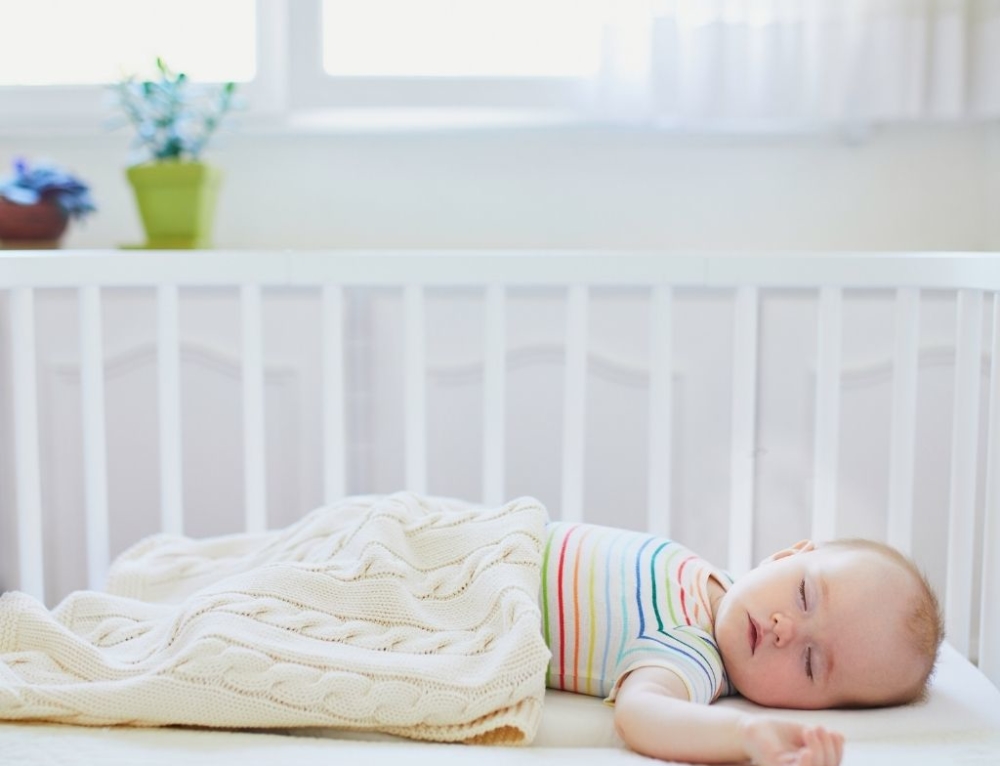
Leave A Comment
You must be logged in to post a comment.